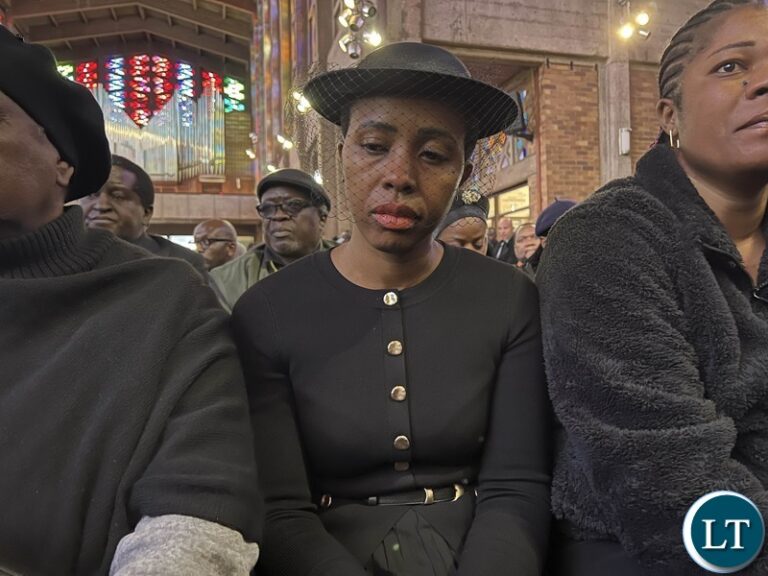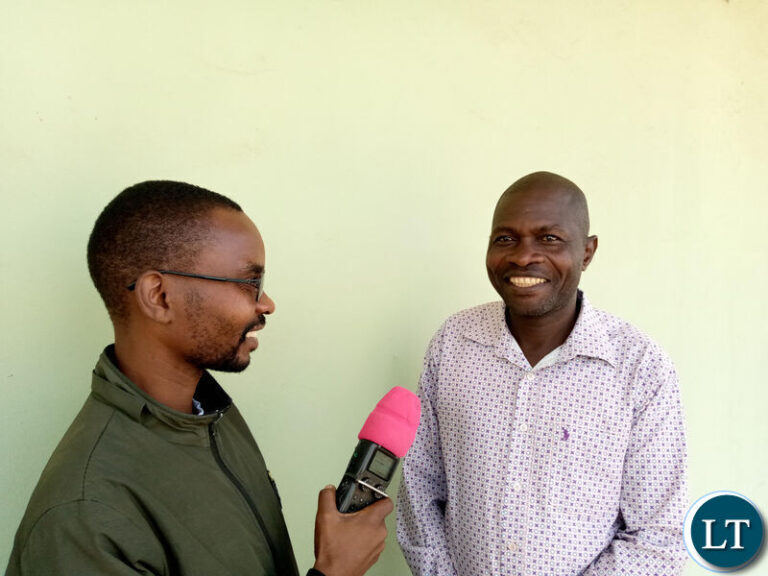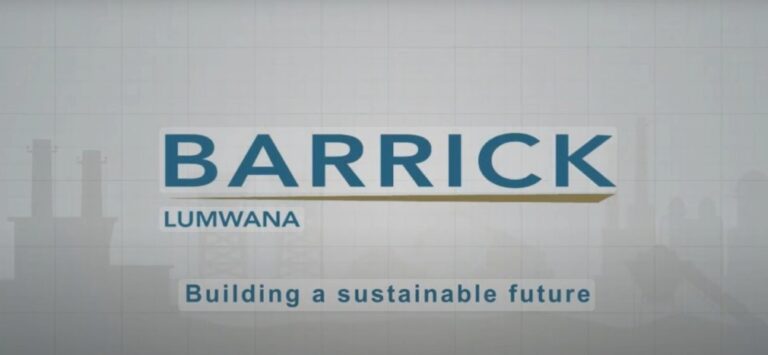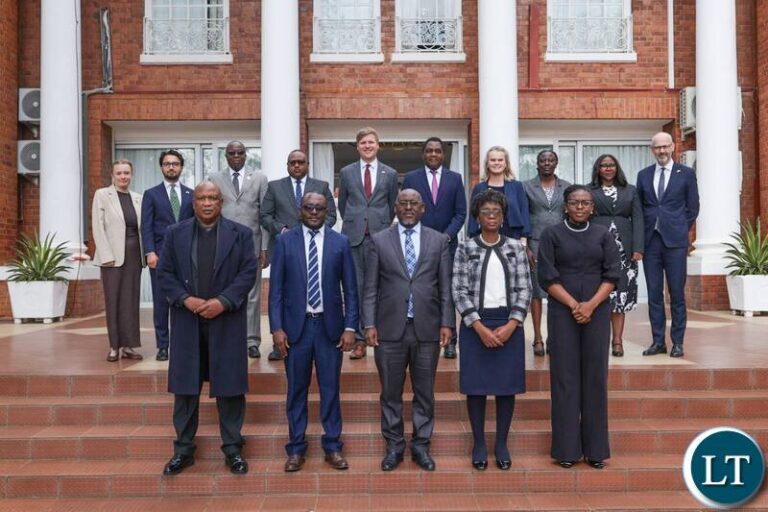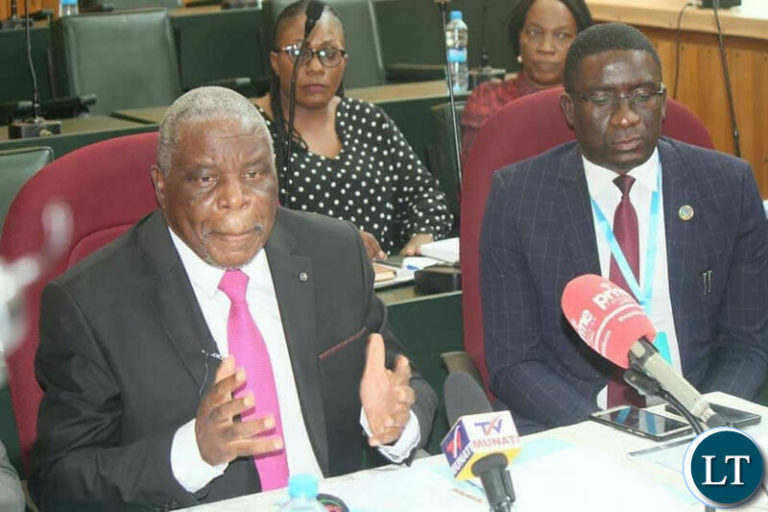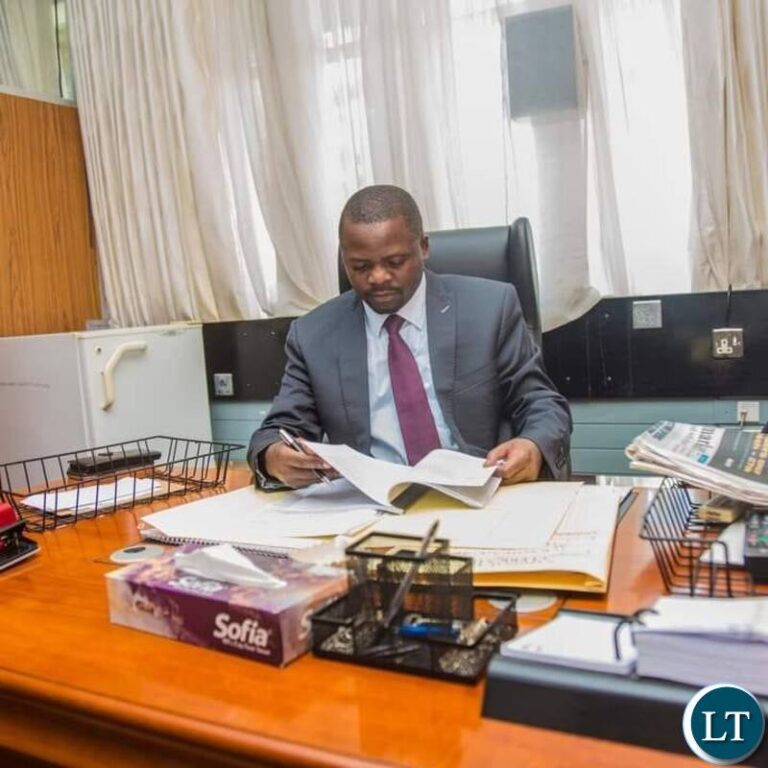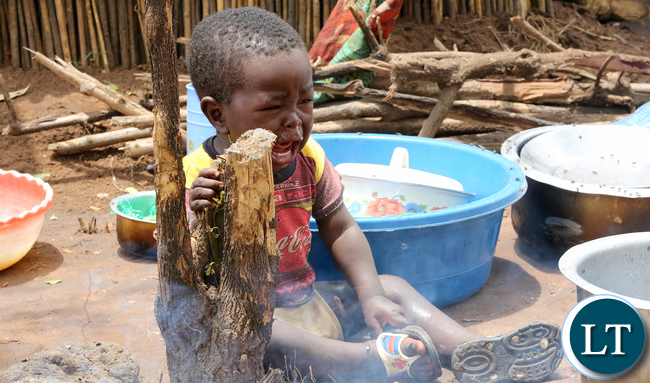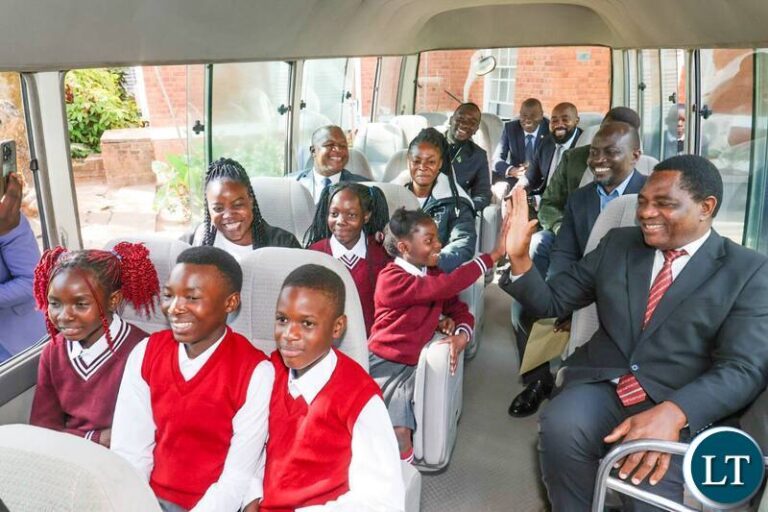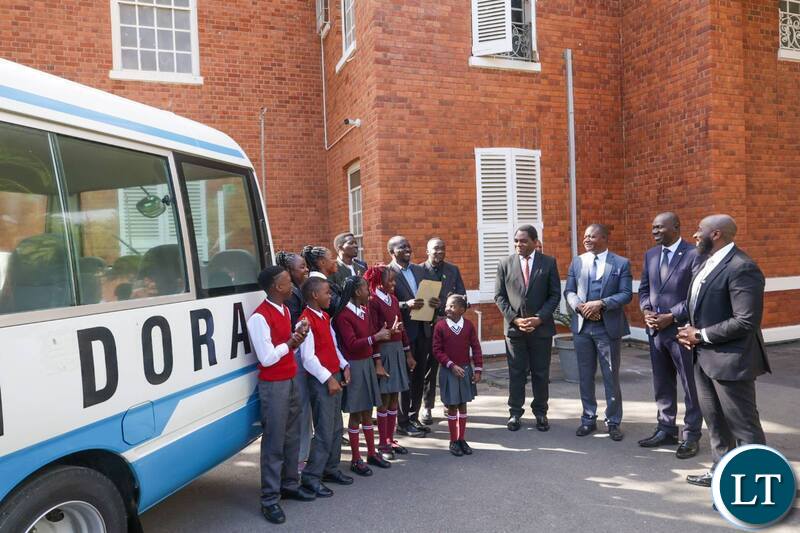Delta-8 THC has gained popularity as a legal alternative to Delta-9 THC, the primary psychoactive compound in cannabis. Often marketed as “weed light,” Delta-8 offers a milder high and is derived from hemp, making it federally legal in many U.S. states. But there’s one big concern users can’t ignore: does Delta-8 show up on a drug test?
Whether you’re facing a routine employment screen, an athletic organization’s check, or a legal matter, understanding how Delta-8 behaves in your system is critical. This article unpacks everything you need to know, from how drug tests work to how long Delta-8 stays in your system, so you can make informed choices and avoid surprises.
What Is Delta-8 THC?
Delta-8 THC is a cannabinoid found naturally in the cannabis plant, though in very small amounts. Most commercial Delta-8 products are synthesized from CBD extracted from hemp. Because hemp is federally legal under the 2018 Farm Bill, Delta-8 exists in a legal gray area, technically hemp-derived, but psychoactive.
Chemically, Delta-8 is a close isomer of Delta-9 THC. That means its molecular structure is nearly identical, but with a slight variation in the placement of a double bond. Despite being a different compound, the similarities in structure and effect are enough to confuse both your body’s metabolism and drug tests.
How Drug Tests Work
Most drug tests don’t look for THC itself, they look for THC metabolites, which are the byproducts created when your body processes THC. The main one is THC-COOH, a metabolite formed after THC is broken down in the liver.
Testing methods commonly used include:
- Immunoassay screenings, which are the first step in most workplace drug tests. These tests detect the presence of THC-COOH above a certain threshold (usually 50 ng/mL).
- GC-MS (gas chromatography-mass spectrometry) is a confirmatory test that can provide more detail, but it still detects metabolites, not the original THC compound.
Because Delta-8 is metabolized in a very similar way to Delta-9, the body produces THC-COOH regardless of which type of THC you consume.
Does Delta-8 Show Up on a Drug Test?
Yes, Delta-8 can show up on a drug test. In fact, it often does.
The vast majority of standard drug tests cannot distinguish between Delta-8 THC and Delta-9 THC. Since both compounds metabolize into the same primary compound, THC-COOH, your body doesn’t “label” which version of THC it came from. As a result, Delta-8 use can trigger a positive test result, even if you’ve never touched traditional cannabis.
This surprises many users, especially those who assume legality equals safety from testing. Unfortunately, legality and detectability are two entirely separate issues.
Types of Drug Tests and Delta-8 Detection
Urine Tests
Urine testing is by far the most common method for workplace and probation drug screens. Delta-8 is highly detectable in urine, with a detection window ranging from 1 to 10 days after use, depending on frequency and dosage. Chronic users may test positive for even longer.
Blood Tests
Blood tests are more invasive and are usually reserved for accident investigations or medical situations. Delta-8 is detectable in blood for up to 48 hours, though it drops significantly after the first 24 hours. Because blood tests measure active THC, they’re better for detecting recent impairment.
Saliva Tests
Saliva tests are less common in the workplace but are sometimes used by law enforcement. Delta-8 can be detected in saliva for 1 to 3 days, depending on how much you used and how recently.
Hair Follicle Tests
Hair tests have the longest detection window, up to 90 days, and are typically used in court or high-level security clearance jobs. Delta-8 metabolites may show up in the hair shaft weeks after the last use.
How Long Does Delta-8 Stay in Your System?
Several variables influence how long Delta-8 stays in your body, including how often you use it and your personal biology.
- Single-use: May stay in urine for 1 to 3 days
- Moderate use (a few times a week): Detected for 5 to 7 days
- Daily or heavy use: Can linger for 10 days or more
Your liver, body fat percentage, age, hydration levels, and overall health all impact how quickly your body metabolizes THC. THC Edibles and tinctures, which are processed through the digestive system, often result in longer detection times than vapes or flower.
Factors That Influence Detection
Some users clear THC metabolites quickly, while others retain them for longer. Here’s what influences that timeline:
- Dosage: Higher amounts mean more metabolites
- Frequency: Regular users accumulate THC in fat tissues
- Consumption method: THC Gummies and other Edibles last longer in your system than smoking or vaping
- Metabolism: Faster metabolisms eliminate THC faster
- Body composition: THC is lipophilic and binds to fat
- Hydration & exercise: Can slightly influence clearance rate but won’t work miracles
Can You Fail a Drug Test From Delta-8?
Yes, you absolutely can fail a drug test from using Delta-8. This has been confirmed both anecdotally and through lab analysis. Even if the product you’re using is 100% Delta-8 THC with no Delta-9 contamination, the metabolites it produces can still trip standard tests.
This becomes especially risky for people who work in fields with zero-tolerance policies, such as transportation, healthcare, military, or government positions.
Delta-8 vs Delta-9 in Drug Tests
Although Delta-8 and Delta-9 are different cannabinoids, they’re not different enough in the eyes of standard drug tests. Chemically, both are isomers, and both metabolize into THC-COOH. That metabolite is what the test flags.
Even high-end lab testing like GC-MS often doesn’t differentiate. Unless a test is specifically designed to distinguish cannabinoids (which is rare), the result will just show “THC-positive.”
Are There Any Drug Tests That Can Differentiate?
Technically, yes, specialized lab tests can differentiate Delta-8 from Delta-9. But these tests are expensive, and not commonly used in employment, probation, or sports testing environments. They may show up in forensic or academic research settings but don’t count on them being used in a typical drug screen.
Employers use tests that are cost-effective and fast, not necessarily the most precise.
How to Reduce the Risk of a Positive Test
If you’re concerned about an upcoming drug test, here are some tips that might help:
- Abstain for at least 10–14 days, longer if you’re a frequent user
- Hydrate and exercise, which may help flush some metabolites (though this isn’t a guaranteed fix)
- Avoid high-potency edibles and tinctures that stay in your system longer
- Use at-home THC test kits to monitor your levels before a real test
- Switch to CBD isolate products that contain zero THC or cannabinoids if you’re being tested regularly
Note: No detox drink or method can guarantee you’ll pass a test. Use caution with any product that claims it can.
What to Do If You Test Positive
If you test positive for THC and you’ve only used Delta-8, you may feel unfairly targeted, especially if Delta-8 is legal in your state. Unfortunately, legality often doesn’t matter in workplace policies.
- Ask for a retest, especially a GC-MS confirmatory test
- Explain the Delta-8 use if your employer is open to nuance (some aren’t)
- Review your employment agreement to understand how THC is handled
- Seek legal advice if your job is at risk and your state law protects hemp products
Ultimately, it comes down to company policy, not necessarily the law.
Is Delta-8 Safe to Use if You’re Getting Drug Tested?
No, it’s not safe from a testing perspective. Even if it’s legally sold at your local gas station or dispensary, Delta-8 THC can get you flagged on a drug test. If your job, school, or legal situation requires you to stay THC-free, it’s best to avoid Delta-8 products entirely.
There’s no reliable way to use Delta-8 and pass a drug test with confidence, especially if you’re subject to random screening.
FAQs
Does Delta-8 show up as marijuana on a drug test?
Yes. Most tests can’t distinguish between Delta-8 and Delta-9, so a positive result will be treated as marijuana use.
How long does Delta-8 stay in your urine?
Anywhere from 1 to 10 days, depending on your usage pattern. Heavy users may test positive even longer.
Is there a THC test that only detects Delta-9?
Most standard drug tests do not isolate Delta-9. They test for THC-COOH, a shared metabolite of Delta-8 and Delta-9.
Can secondhand Delta-8 use cause a positive result?
Very unlikely, unless you’re in an enclosed space with extreme smoke exposure. Direct use is typically required for a positive test.
Will CBD products with Delta-8 get me flagged?
If your CBD product contains Delta-8, even in small amounts, it can result in a positive THC test.
The Bottom Line
Delta-8 THC might be legal in many states, but it doesn’t fly under the radar when it comes to drug testing. It’s processed in the body much like Delta-9 THC, producing the same metabolites that most tests are designed to detect.
If you’re facing a drug test, the safest move is to abstain from Delta-8 entirely. Don’t rely on its legal status or marketing claims. Whether you’re using Delta-8 gummies, vapes, or tinctures, the risk of a positive test is real and often unavoidable.


